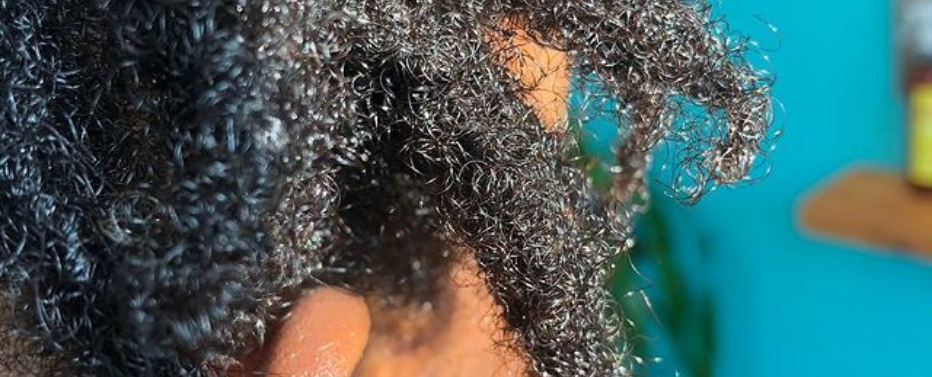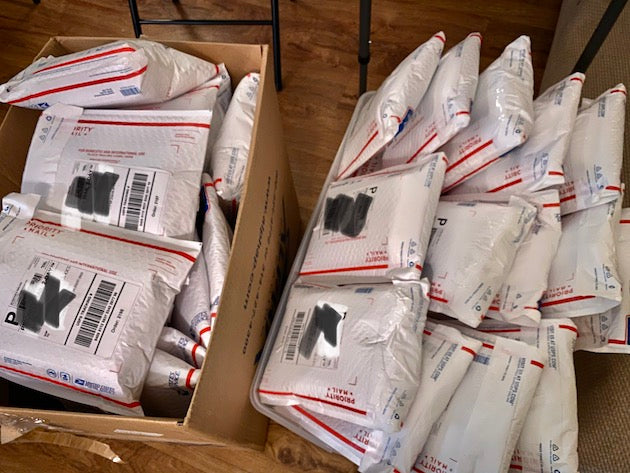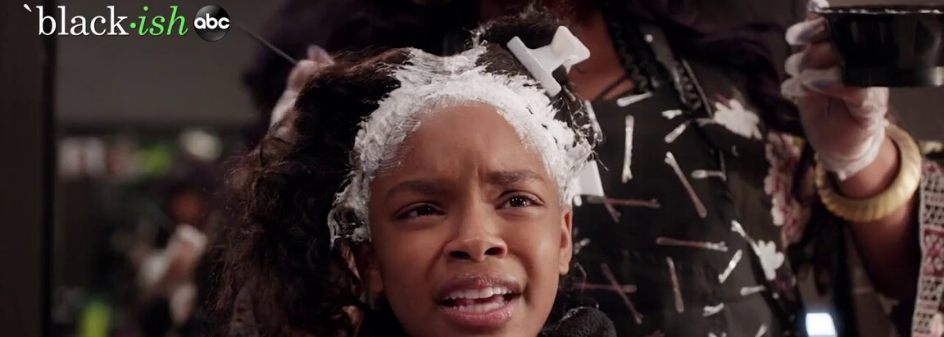You may be asking yourself, ‘is it normal for locs to shed?’ and the answer is yes! But what are possible explanations for shedding locs? And what are the solutions? Great questions!
In truth, the average person sheds nearly 100 strands of hair a day! This is a very natural and normal process, and shouldn’t cause a great deal of alarm. For some it’s genetics, for others it comes down to diet and lifestyle. The only time you should raise concern over shedding hairs is when you also notice thinning locs, and thinning roots. Let's have a closer look at shedding hair, and some of the factors that may be causing further shedding.
But is it Normal for my Locs to Shed A LOT?
The answer here is both yes and no. It is normal for locs to seem as if they are shedding more than your loose hair would, but as they say, ‘looks may be deceiving.’ The hair that usually falls out naturally, or from brushing for those with loose hair, is actually twisted into the locs, for those with locked hair. This sounds like the hair could never possibly fall out then right? Well, not quite.
The hair can shed from the locs during a deep cleansing wash, especially if you go long stretches between washes, and very often can make its way into your drain, sweaters and clothing. Locs can also shed more often during the earlier phases as compared to the later phases, but nothing is set in stone, not even our hair! However, this isn't to say there is no way to reduce shedding.
How Breakage Increases Shedding
Even though we naturally shed hair throughout the day, one may be experiencing excessive shedding if and when:
- their locs are excessively dry, or not well moisturized
- When one twists and pins their locs into complicated un-protective hairstyles
- when one isn't careful when twisting and locking in their new growth.
All three cases can break the single strands of the hair and cause further shedding. When the hair is not properly moisturized with the right conditioners and natural oils created especially for locs, the hair strands will break more easily. Especially when twisting and rolling in the new growth. Speaking of which, we should also be careful when twisting and locking in our new growth and not over-twist. Over twisting also leads to further breakage and shedding.
How Diet and Lifestyle Can Affect Hair Loss and Shedding
The food we eat and the lifestyle we lead have a major impact on our skin and hair. Having a well balanced diet, while drinking half your body weight in ounces will hydrate both the skin and hair. Excessive hair breakage can be a sign that the body is severely dehydrated, or not receiving an adequate amount of nutrients. When we don't have sufficient vitamins and minerals in our diet, the parts which suffer first are our skin and hair. The blood isn't able to flow as easily and priorities the vital organs, leaving the hair brittle and dry. Brittle and dry hair lead to breakage and advanced, unnecessary shedding. Adding raw vegetables, leafy greens, seeds, nuts, fish and lean meats will certainly improve the condition of your locs and prevent unnecessary breakage.
Takeaway
If your locs are shedding it’s perfectly normal! If your locs are shedding and thinning at the roots, then we should investigate further to understand what is irritating your roots and making your hair strands vulnerable to breakage. One of the most important aspects for nurturing healthy locs is getting into a healthy routine, hydrating your locs with all the moisture they need to grow and sway healthy and strong, and to pay attention to how we treat our locs from day to day. Pulling our locs into tight uncomfortable hairstyles, or overtwisting, stresses the locs and often leads to excess shedding.
Speaking of stress, the less we stress ourselves, the happier our locs and we ourselves will be! If you’re concerned over your shedding locs, please reach out to your local loc hair care professional.



